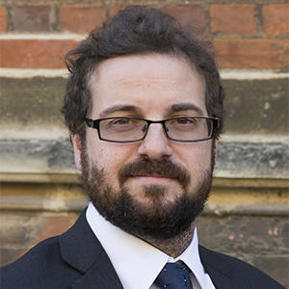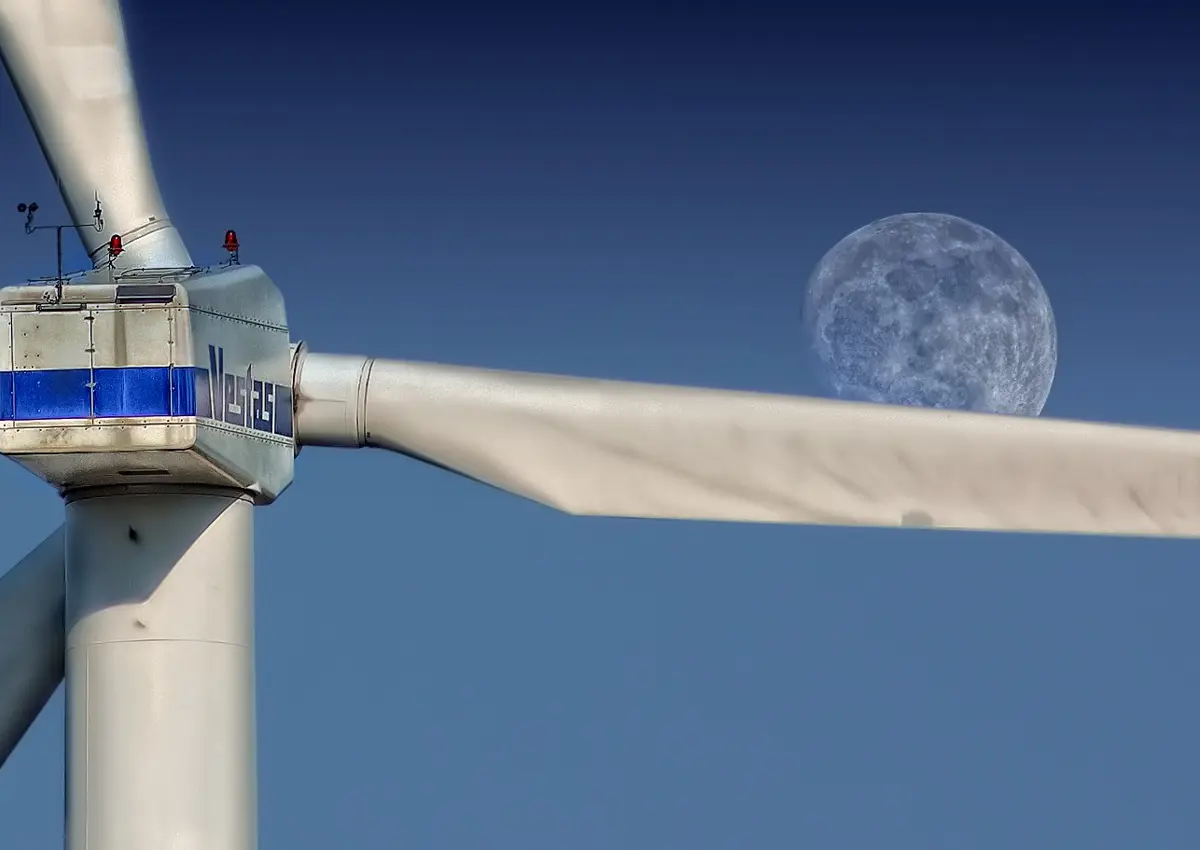About MSc Energy Systems at the University of Oxford
MSc Energy Systems
This course brings together academics from across the University, combining excellence with intellectual depth. It is the first course of its kind, offering you the opportunity to study alongside the researchers who make Oxford a globally recognised leader in this field.
Energy is a vital factor in addressing some of humanity’s biggest concerns. 1.3 billion people live without access to electricity, while transitioning to cleaner sources and improving the quality of supply are becoming increasingly urgent priorities for governments around the world.

Course director Professor David Wallom
The fundamental transformation of energy systems is calling for new approaches and thinkers ready to challenge traditional disciplinary boundaries. This course thoroughly explores the social, political, and technical dimensions of the subject, enabling you to better understand the issues involved and to develop innovative solutions to address them.
We are looking for ambitious candidates with leadership potential and intellectual curiosity who can appreciate the complex problems that energy systems present. The 12-month course is delivered through a varied teaching programme, including lectures, workshops, field trips, group work and in-depth topic based electives. It is also available as a part-time course over 2 or 3 years, for those who wish to study while working in industry.
By developing our existing relationships with industry leaders such as EDF & National Grid, you will gain first-hand experience of applying real-world solutions during your study. This industry-focused approach will leave you well placed to take up leadership and strategic roles across the energy sector or within government. No other UK university matches Oxford's strengths across physical and social sciences in this area, and our interdisciplinary research is at the cutting edge.
You will study a range of modules within three core themes:
- Resources: How is energy produced, converted, and traded? How do energy systems differ across the world? What kinds of energy technologies do they employ, and why?
- Systems: How is energy made available? And how can we improve relationships between producers and consumers?
- Services: What are the relationships between energy and society, and how might they change? This theme particularly explores the ways in which people interact with energy and the impacts of consumption on the energy chain.
Scholarships
Bseisu-Oxford Scholarship
The Bseisu-Oxford Scholarship is available to graduate students demonstrating exceptional academic merit and/or potential ordinarily resident in Jordan, Palestine, Lebanon or Syria, commencing a Masters course of study in Energy Systems at the University’s Department of Engineering Science.
The scholarship covers course fees at the Overseas rate, as well as living costs for one year.
The scholarship receives generous funding from The Bseisu Foundation.
Energy Systems Scholarship
The MSc Energy Systems Scholarship is available to students accepted onto the MSc Energy Systems programme, with preference for female students from developing countries, not already in receipt of a fully-funded scholarship.
This scholarship covers course fees at the Overseas rate, as well as living costs for one year.


